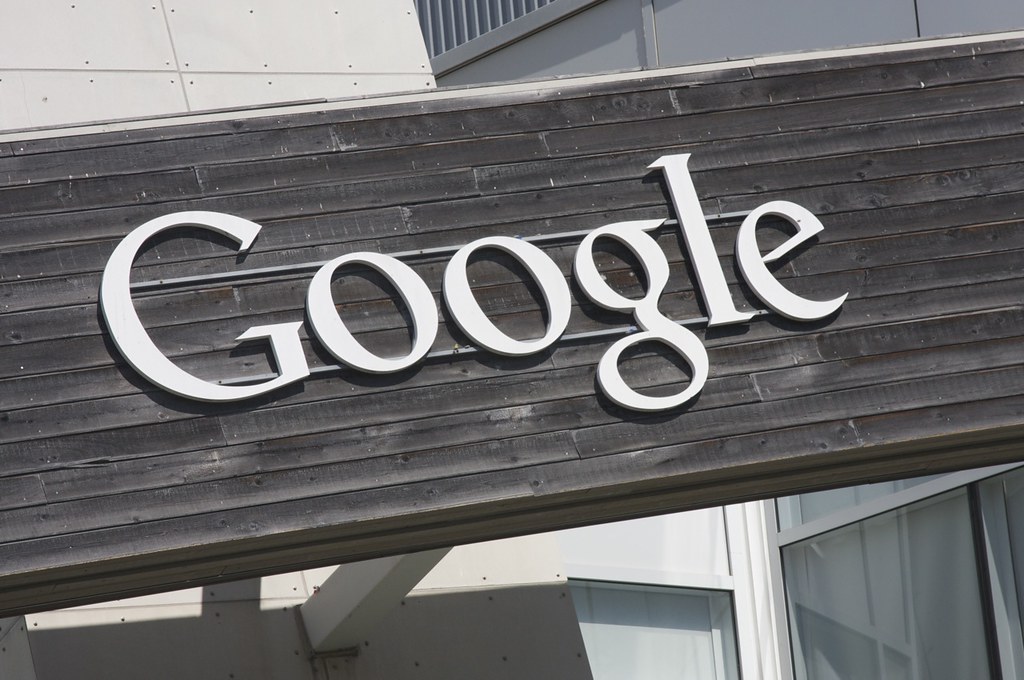 CLOUD
CLOUD
 CLOUD
CLOUD
 CLOUD
CLOUD
Executives at Google LLC’s parent company Alphabet Inc. reportedly considered exiting the public cloud computing business back in early 2018, only to reject that idea and instead set a goal of becoming the No. 2 player in the market by 2023.
However, some Google employees are said to believe the company may still withdraw from the cloud business if it fails to achieve that ambitious goal, The Information reported today. In a statement provided to SiliconANGLE, Google called the report “simply not accurate.”
The story goes that Google co-founder Larry Page, who until now was also Alphabet’s chief executive officer, had decided that it was unacceptable for the company to trail market leaders Amazon Web Services Inc. and Microsoft Corp. in the cloud market. But The Information says that he, along with then-Google and now Alphabet CEO Sundar Pichai and Alphabet Chief Financial Officer Ruth Porat ultimately chose to remain in the business, setting a $20 billion, five-year budget for capital expenditures to try to catch up with its rivals.
Although Google is the most dominant company in Internet search and advertising, its cloud business is believed to be some distance behind those of its rivals. Comparisons are tough, not least because Google doesn’t break out any financial numbers from its cloud business.
However, the $8 billion annualized cloud revenue it reported in July is dwarfed by the $9 billion revenue that AWS reported for the third quarter of this year. Microsoft doesn’t specify its cloud revenue either, but Griffin Securities analyst Jay Vleeschhouwer estimated that the unit delivered $4.3 billion in third-quarter revenue.
Google told SiliconANGLE in an emailed statement that The Information’s report is “simply not accurate” and linked to several blog posts detailing its investments in cloud-related infrastructure and sales teams.
Google’s denials certainly seem plausible, at least currently. Besides its infrastructure investments, the company has also invested heavily in people, most recently poaching former Oracle Corp. executive Thomas Kurian to lead its cloud unit. In turn, Kurian has made a number of important hires himself.
Google is also known to have solid traction in specific cloud computing segments such as artificial intelligence and machine learning, software containers and Kubernetes, and data analytics. Meanwhile, its G Suite productivity tools are a popular alternative to Microsoft’s Office 365.
Industry analysts agreed that it seems unlikely Google would exit the cloud market. Charles King of Pund-IT Inc. told SiliconANGLE that it’s normal for ambitious companies such as Google to examine the success of various business lines and sometimes rejigger strategic imperatives. He also questioned the value of what any discussion of public cloud ranking really offers.
“The subtext of market leadership discussions tend to ignore the larger point, which is that hybrid environments leveraging multiple clouds have become the norm,” King said. “In other words, no matter how much money this or that vendor throws into its cloud effort, no single one is ever likely to dominate a market that’s heading in a different direction.”
One of the problems Google faces with its cloud infrastructure business is that it’s far less profitable than its primary advertising business, and that’s what likely prompted Alphabet’s executives to review the future of its cloud unit, said Constellation Research Inc. analyst Holger Mueller.
Still, it seems clear that with the appointment of Kurian that Google has decided to double down on the cloud, he said, adding that its decision to hire former SAP SE executive Robert Enslin to lead its cloud sales teams reinforces that view.
Those hires were really “an admission of the Google leadership and board that they made a mistake putting [former VMware Inc. executive] Diane Greene in place, which was obvious even for staunch Google Cloud supporters,” Mueller said. “So now it’s a major challenge for Google to catch up – in any terms.”
But he added that Google is well-placed to compete with AWS and Microsoft in the future because it has inherent advantages in machine learning, big data and networking.
“The sooner AI and ML are taken up by savvy business users, and the sooner AI becomes a competitive weapon in the marketplace, the better Google will do,” Mueller said. “It certainly will happen. The question is when.”
The story has the potential to hurt Google, not least because its largest enterprise customers will alarmed by the possibility – however remote — that it might exit the cloud business. Over the years, it has exited many businesses, and until the last few years its commitment to enterprise-oriented businesses had been fitful.
Support our mission to keep content open and free by engaging with theCUBE community. Join theCUBE’s Alumni Trust Network, where technology leaders connect, share intelligence and create opportunities.
Founded by tech visionaries John Furrier and Dave Vellante, SiliconANGLE Media has built a dynamic ecosystem of industry-leading digital media brands that reach 15+ million elite tech professionals. Our new proprietary theCUBE AI Video Cloud is breaking ground in audience interaction, leveraging theCUBEai.com neural network to help technology companies make data-driven decisions and stay at the forefront of industry conversations.